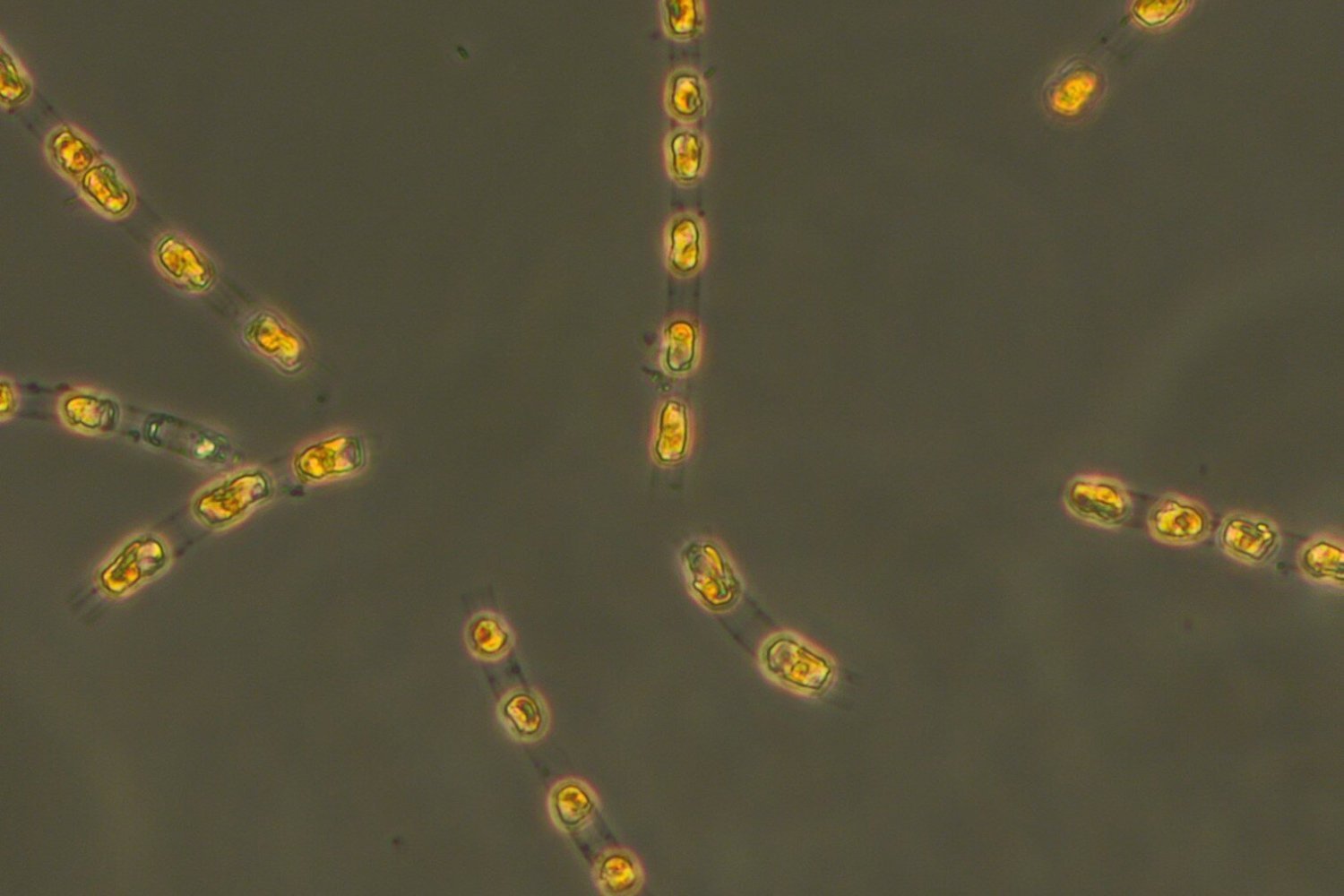Brain Drain: How Trump's Science Policies Are Boosting Europe's Tech Talent Landscape
Science
2025-04-21 13:23:26Content

As tensions rise between scientific communities and the Trump administration, experts warn of a potential "brain drain" that could dramatically reshape the global technology landscape. The ongoing conflict between political ideology and scientific research is creating unprecedented challenges for American researchers, potentially opening doors for European innovation.
The systematic undermining of scientific expertise during the Trump presidency has left many researchers feeling marginalized and frustrated. Top scientists and academics are increasingly considering international opportunities, with European research institutions and tech hubs emerging as attractive alternatives. This potential exodus could significantly impact the United States' long-standing technological leadership.
European countries, particularly nations like Germany, France, and the United Kingdom, are positioning themselves to capitalize on this intellectual migration. By offering competitive research grants, more supportive academic environments, and robust funding for scientific exploration, these countries hope to attract disillusioned American researchers.
The implications extend beyond individual careers. A substantial brain drain could fundamentally alter global research dynamics, potentially shifting technological innovation's center of gravity from the United States to Europe. Tech sectors in emerging European markets are eagerly watching these developments, seeing an unprecedented opportunity to attract world-class talent.
While the full consequences remain uncertain, one thing is clear: the current political climate is creating significant challenges for scientific progress in the United States, and other nations stand ready to welcome displaced researchers and their groundbreaking potential.
Scientific Exodus: How Political Tensions Reshape Global Research Landscapes
In an era of unprecedented political polarization, the scientific community finds itself at a critical crossroads, where governmental policies and academic freedom intersect in complex and potentially transformative ways. The delicate balance between political ideology and scientific progress has never been more precarious, threatening to reshape the global research ecosystem in profound and unexpected manners.Navigating the Turbulent Waters of Academic Displacement and Innovation
The Geopolitical Dynamics of Scientific Talent Migration
The contemporary scientific landscape is experiencing a seismic shift driven by geopolitical tensions and restrictive policy environments. Researchers, traditionally bound by national affiliations, are increasingly viewing their careers through a transnational lens, seeking environments that prioritize intellectual freedom and robust research infrastructure. This emerging trend suggests a potential reconfiguration of global knowledge production, with European research institutions poised to capitalize on the intellectual talent potentially displaced from the United States. The migration of scientific talent is not merely a demographic movement but represents a strategic reallocation of human capital. Highly skilled researchers, confronted with increasingly challenging professional environments, are evaluating opportunities beyond traditional boundaries. European research ecosystems, characterized by relatively stable funding mechanisms and commitment to academic autonomy, present compelling alternatives to researchers feeling marginalized in more politically volatile settings.Technological Innovation and Institutional Resilience
The potential brain drain represents more than an academic personnel shift; it signifies a broader transformation in technological innovation paradigms. European research institutions are strategically positioning themselves to attract and retain top-tier scientific talent, recognizing that intellectual diversity and unrestricted research environments are critical competitive advantages in the global knowledge economy. Technological hubs across Europe are developing sophisticated recruitment strategies, offering comprehensive support packages that extend beyond traditional financial incentives. These include robust research grants, state-of-the-art facilities, collaborative international networks, and environments that explicitly prioritize scientific integrity and intellectual exploration.Economic and Intellectual Implications of Scientific Mobility
The movement of scientific talent carries profound economic implications. Each researcher represents not just individual expertise but potential breakthrough innovations, patent developments, and technological advancements. European nations understand that attracting displaced researchers could accelerate technological development, enhance research capabilities, and potentially establish new global leadership in emerging scientific domains. This intellectual migration challenges traditional notions of national scientific sovereignty. Researchers are increasingly viewing their professional trajectories through a global lens, prioritizing environments that offer maximum intellectual freedom, cutting-edge resources, and meaningful collaborative opportunities. The resulting network of global scientific talent transcends traditional geopolitical boundaries, creating dynamic, interconnected research ecosystems.Psychological and Professional Dimensions of Academic Displacement
Beyond institutional strategies, the human experience of scientific displacement reveals complex psychological landscapes. Researchers confronting restrictive environments often experience profound professional and personal dilemmas. The decision to relocate represents a nuanced calculus involving professional aspirations, personal values, and long-term career trajectories. European research institutions are developing holistic approaches to researcher integration, recognizing that successful talent acquisition extends far beyond competitive salary structures. Comprehensive support systems, including cultural adaptation programs, language training, and family relocation assistance, demonstrate a sophisticated understanding of the multifaceted challenges faced by internationally mobile researchers.Future Trajectories of Global Scientific Collaboration
The current scientific talent migration represents more than a temporary perturbation; it potentially signals a fundamental restructuring of global research dynamics. As political landscapes continue to evolve, the ability of research ecosystems to adapt, welcome diverse talents, and provide nurturing environments will become increasingly critical. European research institutions are not merely passive recipients of displaced talent but active architects of a more interconnected, collaborative global scientific community. By creating environments that prioritize intellectual freedom, technological innovation, and cross-cultural collaboration, they are positioning themselves at the forefront of future knowledge production.RELATED NEWS
Science

Ancient DNA Uncovers Shocking Genetic Crossroads: When Humans and Neanderthals Collided
2025-03-16 23:51:54
Science

Brewing Perfection: The Scientific Secrets Behind Your Ultimate Pour-Over Coffee
2025-04-08 15:00:00





